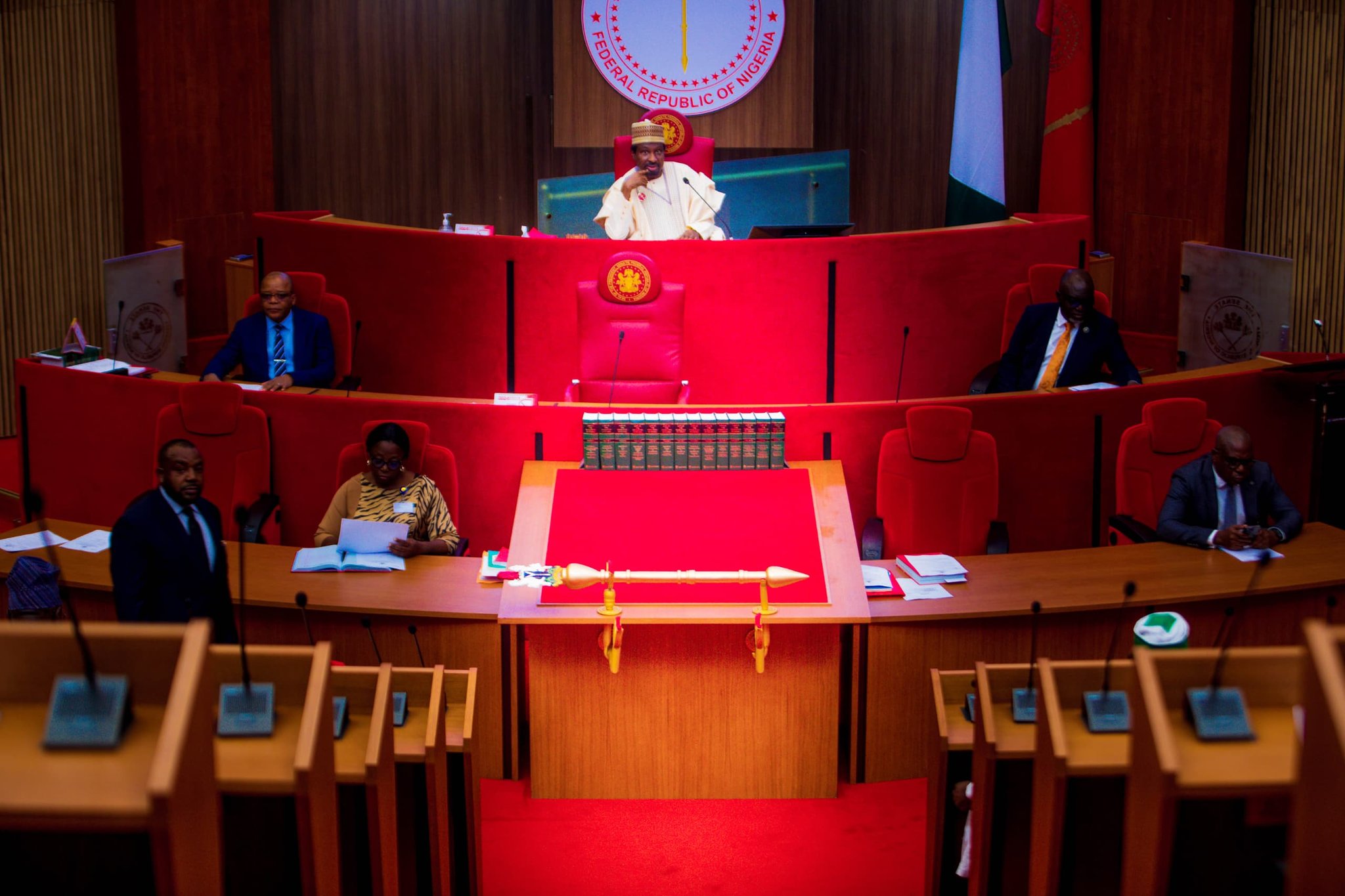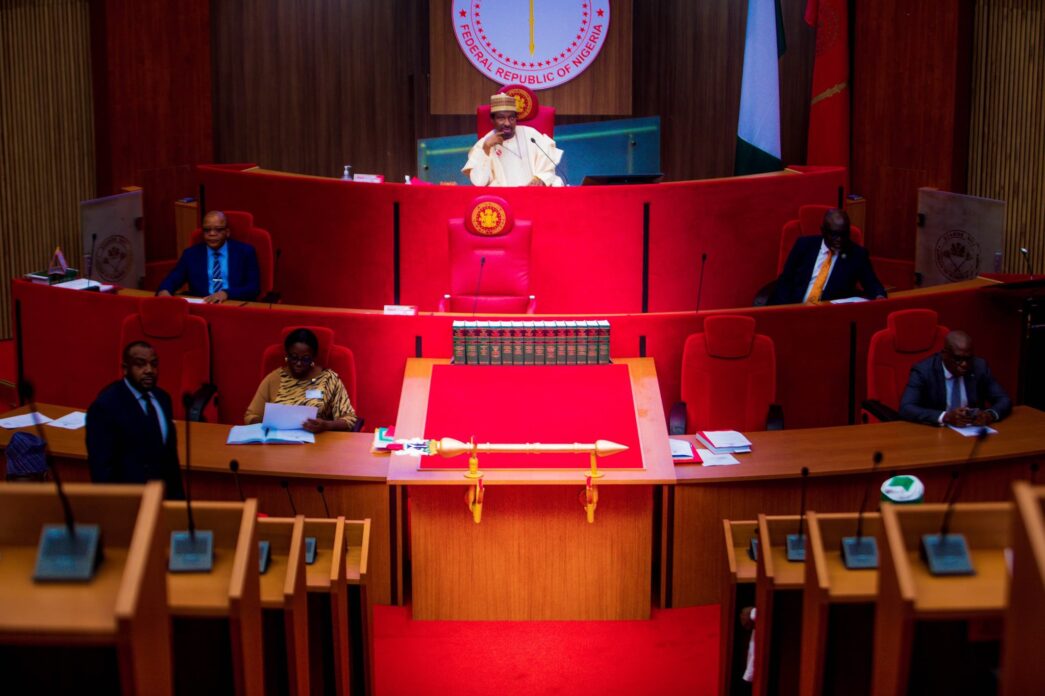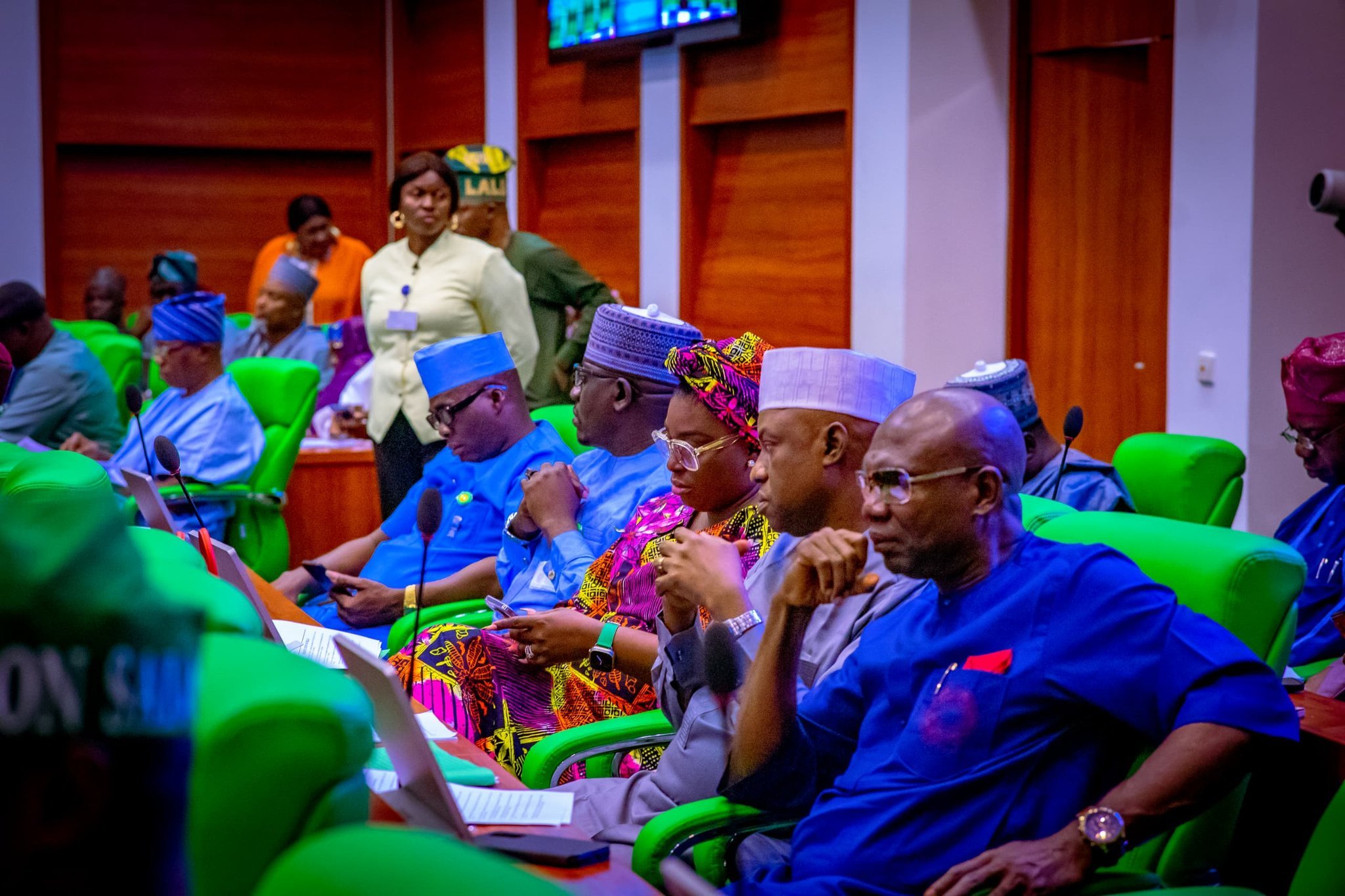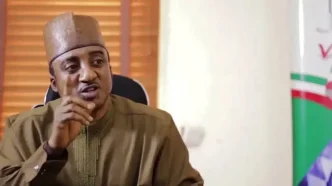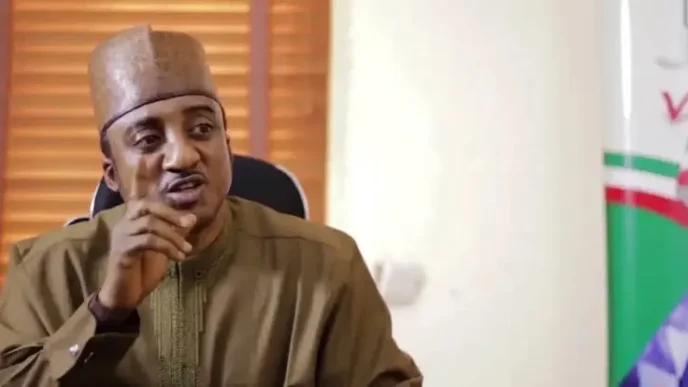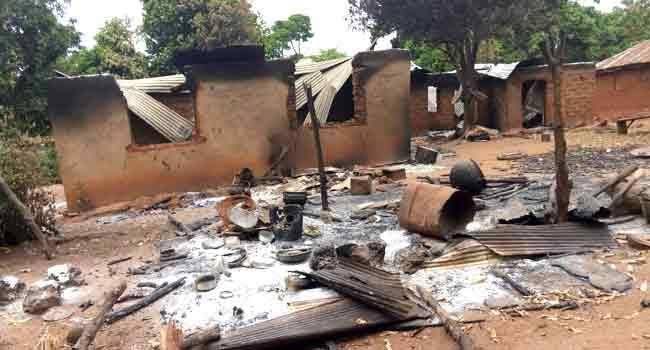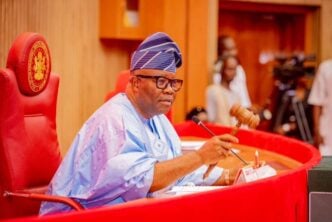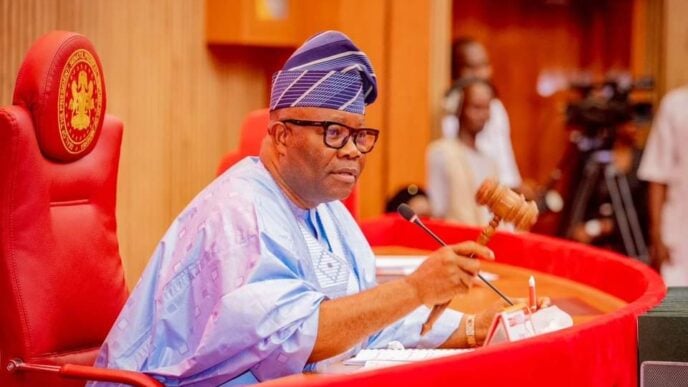The senate says the federal government should investigate the devastating flood that struck communities in Mokwa LGA in Niger state.
The red chamber also asked the federal government to implement sustainable flood control measures, including the immediate dredging of the River Niger.
The resolution followed a motion titled “Catastrophic flood disaster in Mokwa, Niger state and need for proactive action to forestall future occurrence”, sponsored by Peter Jiya, senator representing Niger south, and co-sponsored by 21 other lawmakers.
More than 200 persons were reported dead following the flood that ravaged three communities in Mokwa LGA on May 29.
Advertisement
The flood, which has displaced 3,018 persons, also destroyed three bridges in the LGA.
Presenting the motion at plenary on Tuesday, Jiya said torrential rainfall on May 29 and 30 led to a catastrophic flood that swept through Mokwa, killing hundreds and destroying properties worth over N10 billion.
“Over 700 lives were lost, including pupils from four Islamiyya schools, but only about 300 bodies have been recovered,” he said.
Advertisement
He added that critical infrastructure, including two bridges, rail lines, roads, vehicles, and over 50,000 hectares of farmland, was also destroyed, with 3,354 people currently in internally displaced persons (IDPs) camps and more than 9,500 residents directly affected.
‘EARLY WARNINGS IGNORED’
Jiya said the disaster could have been avoided if relevant agencies had acted on early warnings issued by the Nigerian Meteorological Agency (NiMet).
The lawmaker said he had written to the Ecological Fund Office in 2023, warning of imminent flooding in Mokwa and Kutigi, noting that no action was taken.
Advertisement
“Despite prior warnings and correspondences, the necessary remedial work was not carried out,” he said.
The senator noted that although Vice-President Kashim Shettima, the National Emergency Management Agency (NEMA), and the Niger State Emergency Management Agency (NSEMA) visited the affected areas, the scale of destruction has overwhelmed available relief resources.
“The response so far has not matched the magnitude of the disaster,” he said.
Victor Umeh, senator representing Anambra central, described the disaster as avoidable, blaming the inaction of agencies despite clear and early warnings.
Advertisement
“This flood came after alerts had been issued. People failed to do what they were supposed to do, and now lives and properties have been lost on a monumental scale,” Umeh said.
SENATE RESOLUTIONS
Advertisement
The senate adopted several resolutions following the debate on the Mokwa flood disaster and called on the federal government to immediately dredge the River Niger to enhance water flow and reduce the risk of future flooding.
The upper chamber also directed relevant committees to investigate the Mokwa tragedy and similar incidents across the country to identify long-term solutions.
Advertisement
Lawmakers urged the federal government to swiftly implement the relief packages promised during Vice-President Kashim Shettima’s visit to the affected communities.
The senate appealed for the relocation of residents living along active riverbanks, erosion-prone areas, and other high-risk zones vulnerable to flooding.
Advertisement
It further mandated increased distribution of food, potable water, medical supplies, and temporary shelters to victims of the disaster.
Lastly, the senate instructed its joint committees on works, housing and urban development and water resources to carry out an on-the-spot assessment of affected communities, oversee the execution of relief efforts, and report back to the chamber.
Presiding over the session, Jibrin Barau, deputy senate president, expressed sympathy with the people of Niger state and reiterated the commitment of the red chamber to pursuing durable flood control solutions.
Barau said the tragedy in Mokwa must serve as a wake-up call for early action and infrastructure investment to mitigate the effects of climate-induced disasters.
Meanwhile, the Niger State Emergency Management Agency (NSEMA) said the flood in Mokwa was caused by climate change and deforestation.
Ibrahim Hussaini, NSEMA acting director-general, described the flood as unprecedented.
“I want to tell you that because of climate change, climate variability, and deforestation, areas that were never previously prone to flooding are now being flooded,” Hussaini said.
